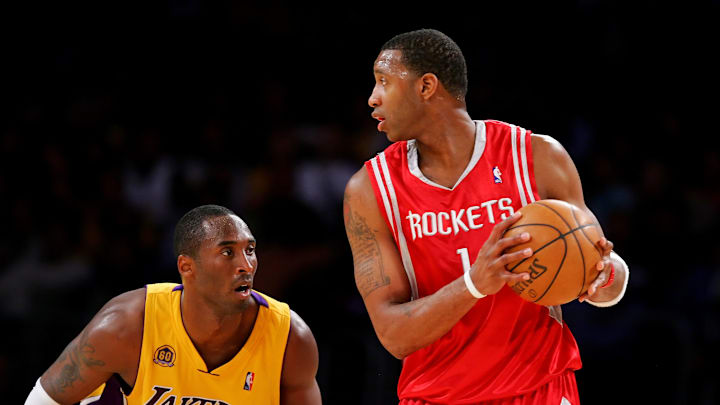Oklahoma City Thunder: What if the Thunder didn't trade Haden?
Anyone who's followed basketball since the early 2010s already knows what the Oklahoma City Thunder's what-if scenario is likely to be. In October 2012, GM Sam Presti made the fateful decision to trade James Harden to the Houston Rockets for a questionable haul that ultimately turned out to be Steven Adams. Meanwhile, Harden quickly became a star in Houston, finishing in the top-3 in MVP voting three straight seasons and winning in 2019.
Giving up a future MVP would haunt any team, but Oklahoma City's decision to do so was because they were concerned with the luxury tax, which had become much more of a deterrent. Kevin Durant, Russell Westbrook, Serge Ibaka, Nick Collison, and Kendrick Perkins combined to make nearly $60 million, while the salary cap was $58 million and the luxury tax was $70 million.
While, at the time, it appeared as though the Thunder were going to be a perennial luxury tax team—a big no-no for a small market team—the salary cap quickly spiked. The cap jumped from $58 million during the 11–12 season to $70 million during the 15–16 season. With Harden seeking a four-year, $60 million contract from Oklahoma City, had they given him that contract, they would have paid the luxury tax for two or three seasons before the cap began to jump.
In other words, the Thunder could have kept their MVP core of Durant, Westbrook, and Harden together, along with Serge Ibaka. Had they done so, they could have prevented both the 2014 Spurs championship and the Golden State Warriors dynasty from happening. Unfortunately, we'll never know how many championships that incredible young core could have won.
